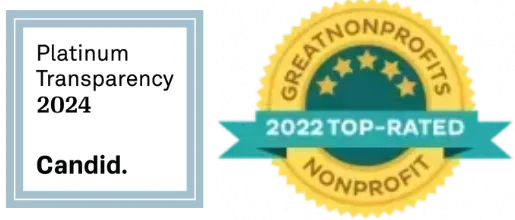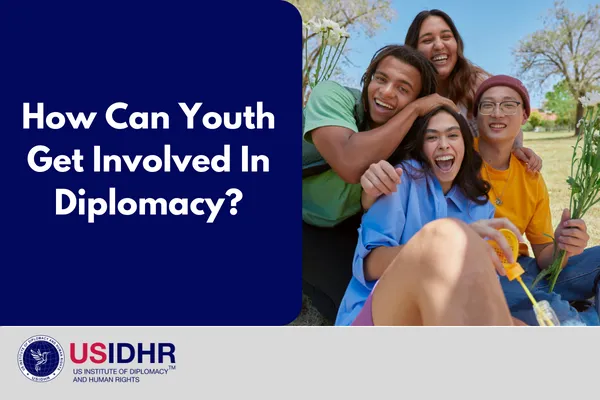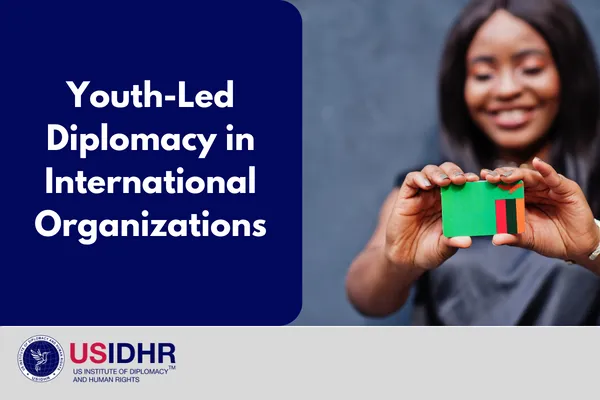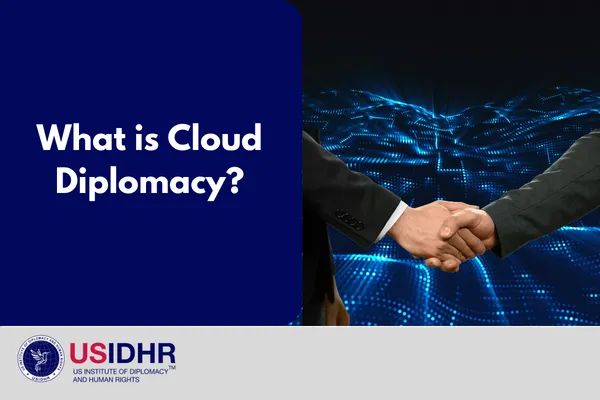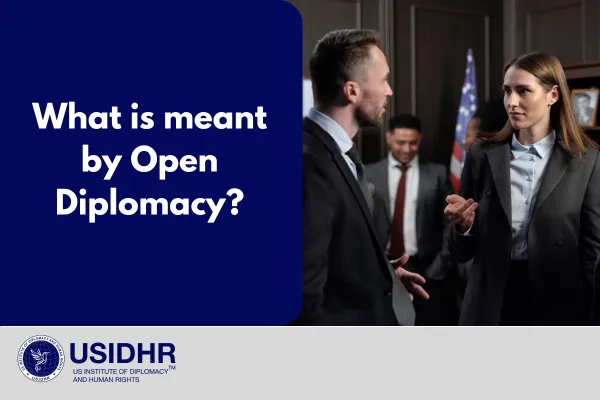
Open diplomacy is not intended to be a substitution for traditional diplomacy. Open diplomacy is nongovernmental, informal, and involves unofficial interactions and activities between private citizens or groups of individuals, also known as non-state actors. It differs from traditional diplomacy, which is formal, governmental diplomacy conducted across official government channels. The aim of open diplomacy is to assist official actors in managing and resolving disputes by discussing potential alternatives extracted from public opinion and without the need for substantive agreement or negotiating for advantage[1][2][3].
What makes Open Diplomacy Different?
Open diplomacy, as opposed to traditional diplomacy as observed prior to World War I, has been significantly encouraged by technical developments in communications media. The numerous opportunities for public dialogue on sensitive topics resulted from a discernible shift in the language of dealings within some governments. However, it is important to state that this is also one of the dangers of open diplomacy. While open diplomacy brings forwards more successful outcomes, open discussions and public influence can be contributing factors to the halt of negotiations between parties[4][5].
Traditional diplomacy, in comparison, while allowing for less open and public dialogues, can act as a limitation to the creation of multilateral policies; due to the negotiation and creation of multilateral policies usually being centered around informed and international debates. Open diplomacy, especially in the current modern social climate, performs better because of its inclusion, and the long-term options achieved through active collaboration[5].
The role of Open Diplomacy in modern Global Governance.
Global governance is an open-ended method of looking at and navigating the environment, with a high degree of inclusivity in terms of who and what is involved in its process and strategy. Global governance seeks to provide services, especially peace and stability, justice and dispute resolution processes, working economies, and unified norms for trade and industry. This is facilitated by open diplomacy, hence why the link between the two is so important[6].
Humanity is at a crossroads, and direct, feasible solutions are needed to avert global problems such as pandemics, wars, etc. Authors such as Isabelle Vladoiu claim that other forms of diplomacy, such as diplomacy Track 1.5, can be used to avert global issues through the coalition of three global networks such as the governmental network, parliamentarians, and civil society. The idea of global governance 1.5 can be applied to open diplomacy as the same networks bringing together civil society, legislators, and governments should work together to attain mutual goals. These networks function as a backup system, supporting and uplifting one another; in the event government diplomatic talks fail, civil society and decision-makers meet in unofficial environments to share ideas and start discussions to reach mutual understanding[7].
However, it should be noted that successful foreign relations are not limited to merely negotiation and talks; those are surface aspects. While Open diplomacy theoretically involves all of us, it is important to state that diplomatic relations, in particular, require a code of conduct and an in-depth all-around knowledge of the field. The best ally is a knowledgeable ally, this is why the US Institute of Diplomacy is offering a training course to build those foundations and provide all necessary knowledge to involve ourselves in this new era of open diplomacy. If Diplomacy is a career you’re interested in, then why not check out our website and see what our Diplomatic Protocol and Etiquette course can do for you! [7].
To summarize, open diplomacy essentially involves diplomatic relations offering open access to prospective participants and members of the general public. While it will not substitute traditional governmental diplomacy, it is notable how effective it is in successfully promoting global security and peace.
To summarize, open diplomacy essentially involves diplomatic relations offering open access to prospective participants and members of the general public. While it will not substitute traditional governmental diplomacy, it is notable how effective it is in successfully promoting global security and peace.
Reference list:
[1] History Shows Us That Open Diplomacy Is Best (e-ir.info)
[2] open diplomacy meaning – Legal definition – TransLegal
[3] https://definitions.uslegal.com/o/open-diplomacy/
[4] History Shows Us That Open Diplomacy Is Best (e-ir.info)
[5] (2009). Open Diplomacy. In Grant, J., & Barker, J. (Eds.), Encyclopaedic Dictionary of International Law. : Oxford University Press. Retrieved 20 Apr. 2021
[6] Cooper A.F., Hocking B., Maley W. (2008) Introduction: Diplomacy and Global Governance: Locating Patterns of (Dis)Connection. In: Cooper A.F., Hocking B., Maley W. (eds) Global Governance and Diplomacy. Studies in Diplomacy and International Relations. Palgrave Macmillan, London. https://doi.org/10.1057/9780230227422_1
[7] Vladoiu, Isabelle, Global Governance 1.5 – A Roadmap to Effective Global Governance (October 31, 2020). Available at SSRN: https://ssrn.com/abstract=3722615 or http://dx.doi.org/10.2139/ssrn.3722615
Join One of Our Certificate Trainings:
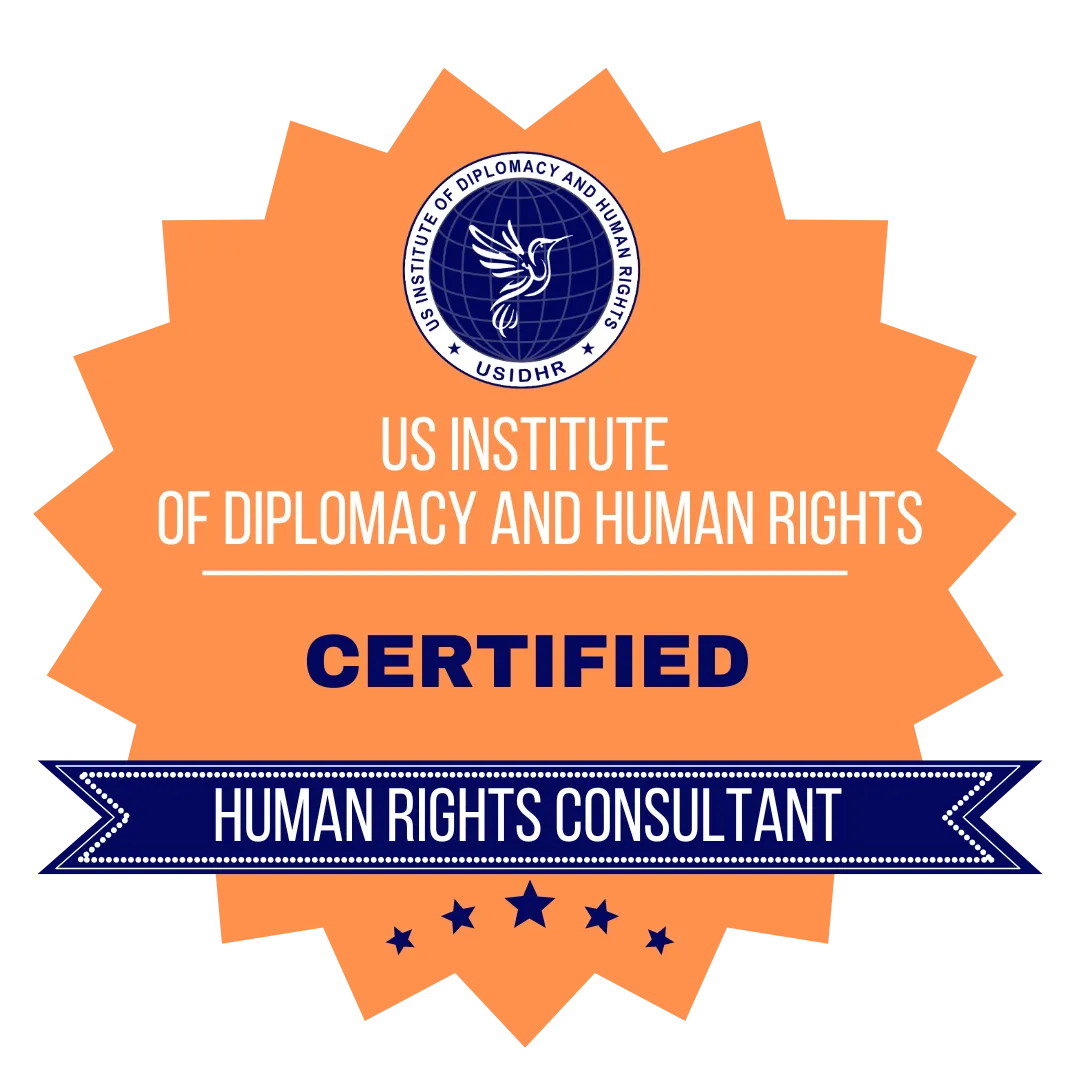
Human Rights Education Certification Training
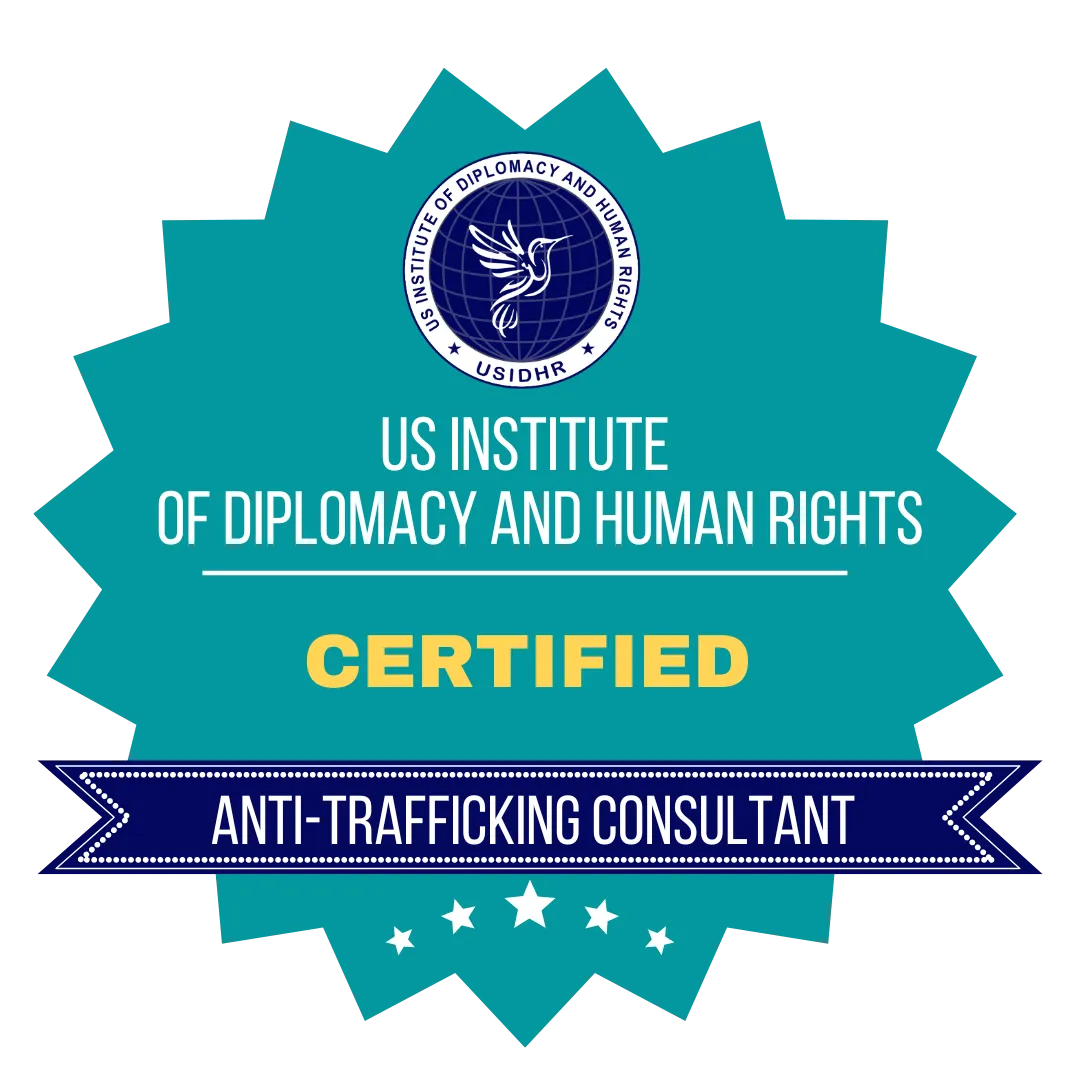
Human Trafficking Certification
Training
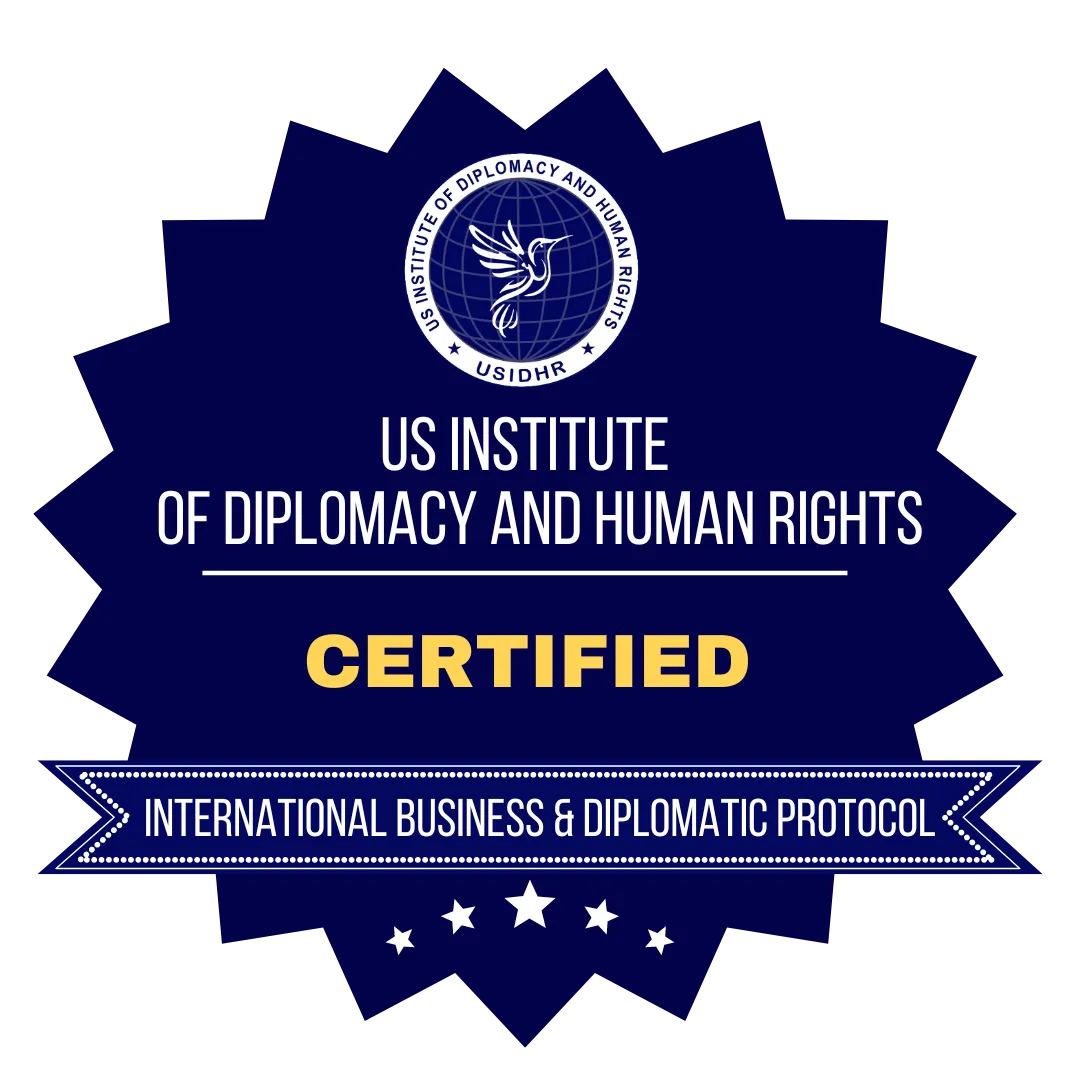
International Business and Diplomatic Protocol Certification
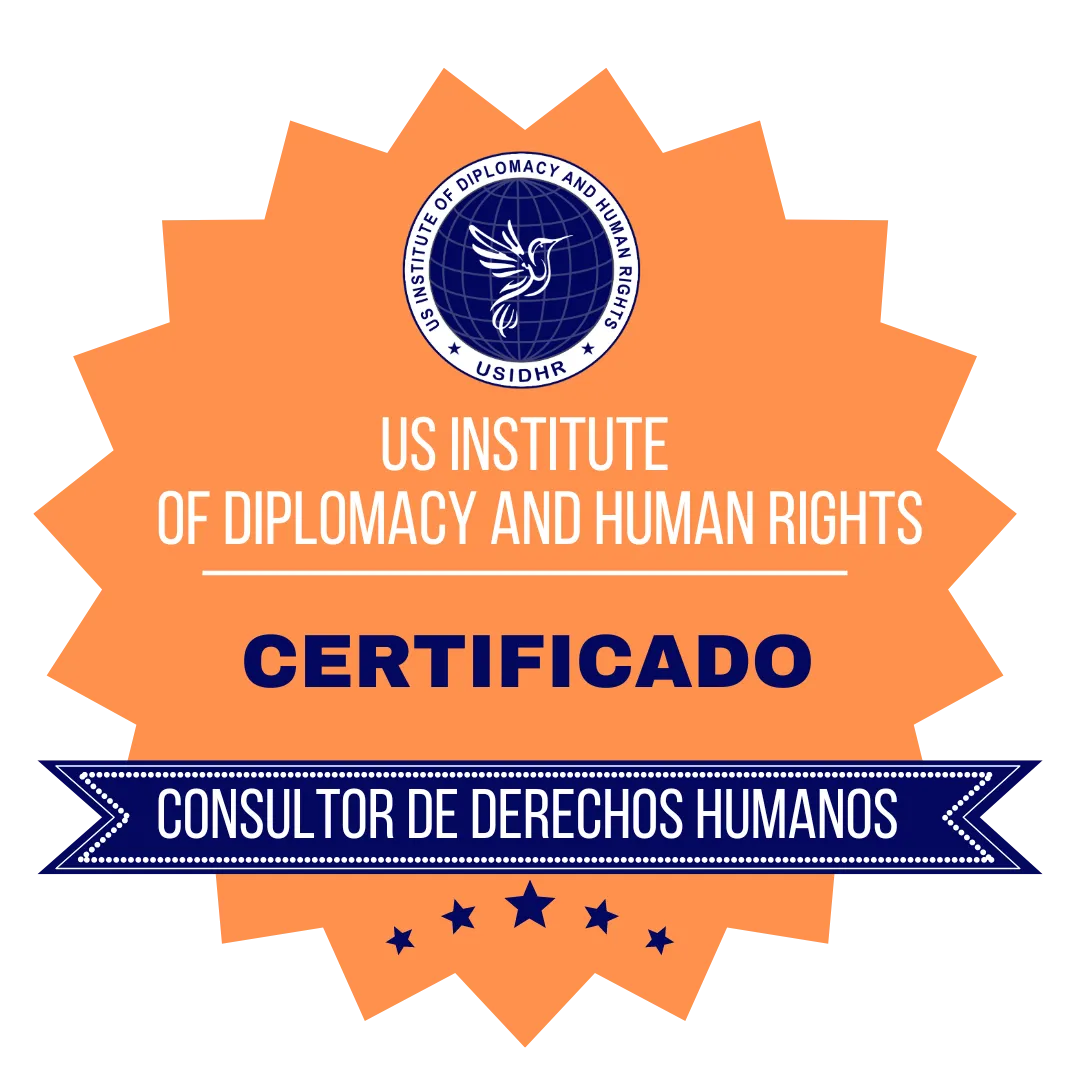
Capacitación En Derechos Humanos
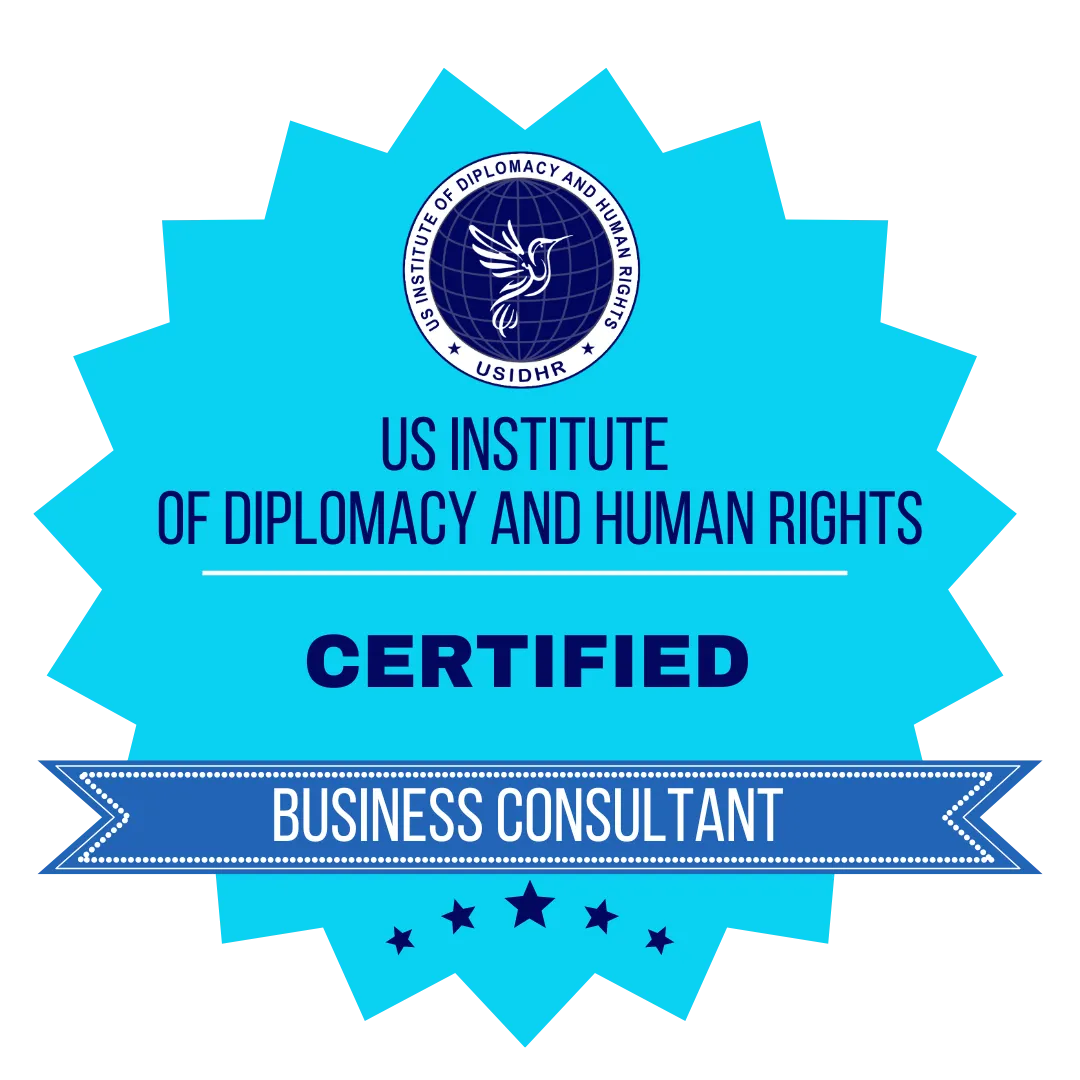
Business Consulting Certification Training
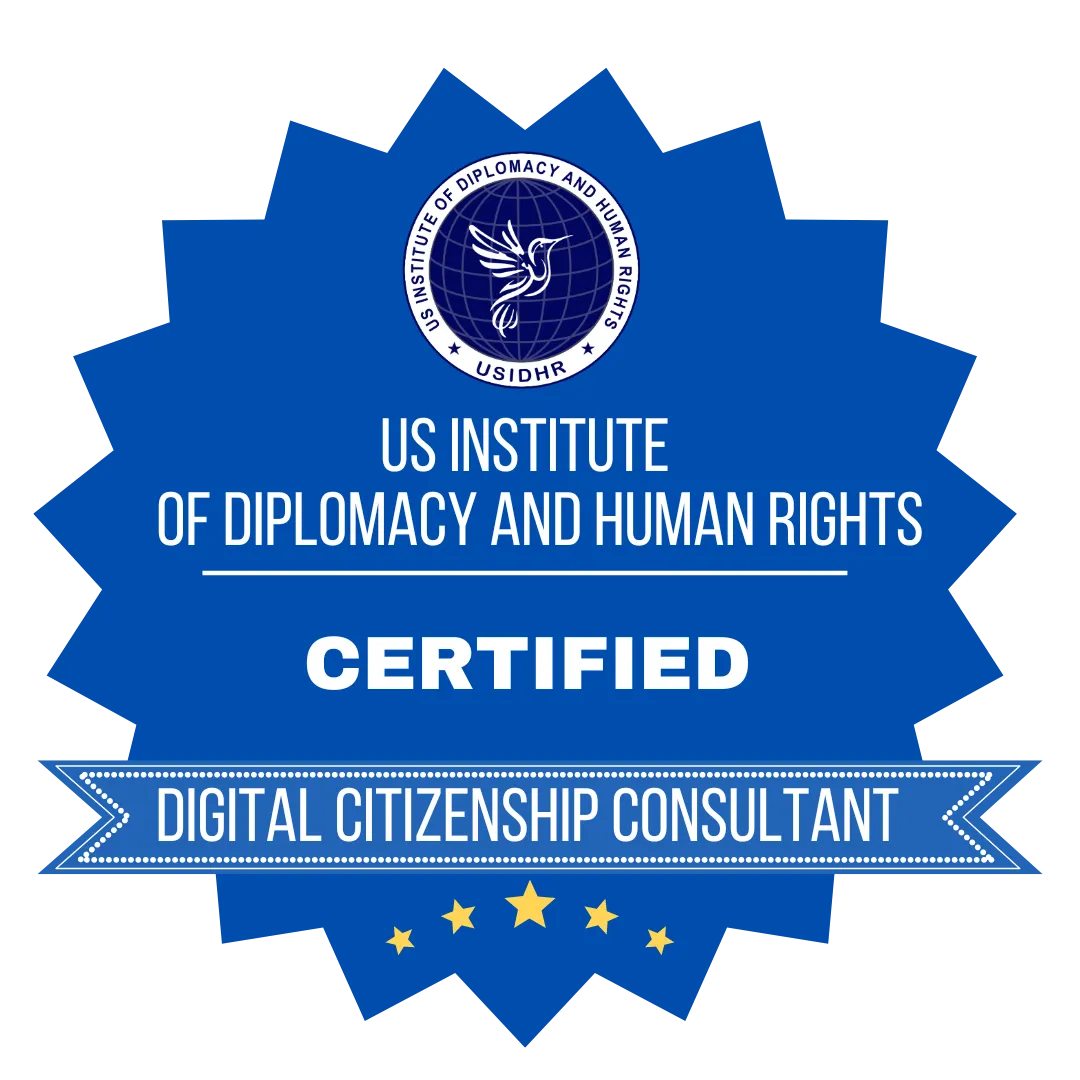
Digital Citizenship Certification
Training
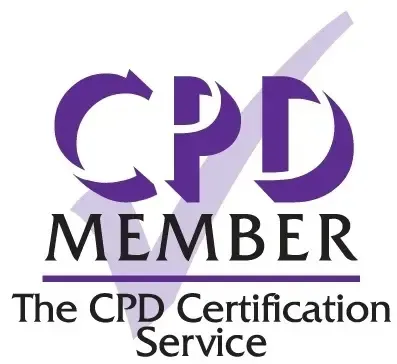
The US Institute of Diplomacy and Human Rights (USIDHR) is an International Continuing Professional Development (CPD) Accredited Organization. Accredited CPD training means the learning activity has reached the required Continuing Professional Development standards and benchmarks. The learning value has been scrutinized to ensure integrity and quality. The CPD Certification Service provides recognized independent CPD accreditation compatible with global CPD requirements
US Institute Of Diplomacy And Human Rights
1250 Connecticut Ave NW Ste 700, Washington, DC 20036

